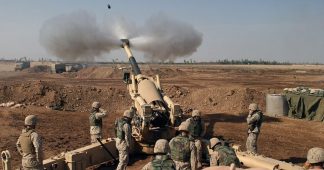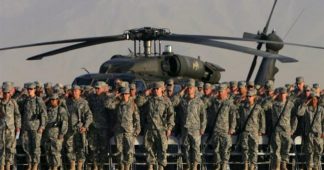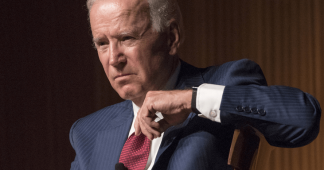By William M. Arkin
A peace agreement with the Taliban and a May 1 deadline for American withdrawal of troops. A new pledge by President Biden to end the war. A Congressional step toward revoking the 20-year-old consent to use military force in Iraq. Talk, even, of rescinding the post-9/11 authorization to pursue Al-Qaeda. You might think America’s forever wars are finally coming to an end. They’re not—because everything we’ve learned from the past two decades at war has made it more difficult to actually end the wars.
Though the new administration seems intent on ending America’s oldest war and there is growing fatigue over endless wars in the Middle East, and though the Pentagon is scrambling to refocus resources and attention away from counterterrorism to big war pursuits against the likes of Russia and China, war isn’t going to actually end. That’s because there is something about the way the United States fights—about how it has learned to fight in Afghanistan and on other 21st-century battlefields—that facilitates endless war.
This transformation of the American military happened gradually as the armed forces shifted the preponderance of tasks away from boots on the ground, away even from dependence on regular soldiers. The new American way of war moved even the means of bombing and killing—mostly through aircraft and drones, but also virtually in cyberspace—out of the actual war zones.
Troops shrunk in importance. There were no more armies to fight, no countries to occupy, and no appetite even to engage in hand-to-hand combat that put American lives at risk. What emerged is a certain kind of fighting, sustained by a flexible and reliable global network. The traditional measures of troop presence have become irrelevant while the means of actual warfare became invisible.
ontinue reading at archive.is/2021.04.13-003843/https://www.newsweek.com/











